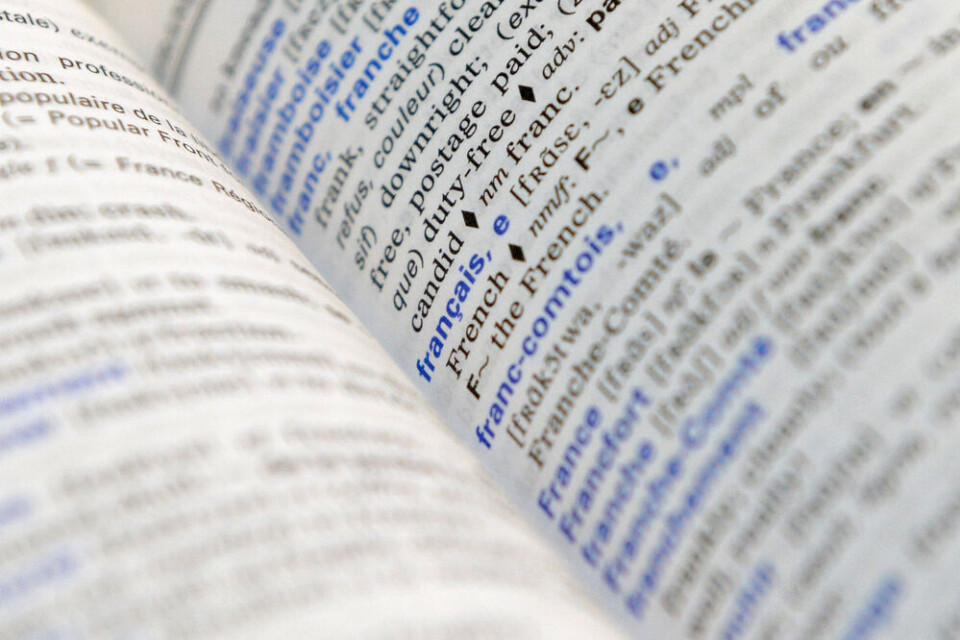-
À cloche-pied and six more French expressions featuring body parts
French phrases are full of unexpected words such as foot, head, nose and elbow
-
Bavarde, commérages: how to describe having a chat or gossip in French
One phrase has its origins in the 16th century and could easily be mistranslated
-
Discover the French names for common stationery and musical items
An embarrassing guitar shop incident leads to a tough language lesson
Convivere, coureurs à vélo: New French words for our modern society
Times change and that requires language to evolve too. We look at some recent additions to the French vocabulary.

Whatever your political proclivity, a major feature of this year’s French Presidential election is candidates’ ecological credentials - and with their policy proposals come associated words and phrases.
Given that ‘green’ thinking has evolved hugely – at least, it has since those of us of a certain vintage learned French at school – plus the fact that newly invented jargon and (often meaningless) slogans accompany manifestos, for many of us there is plenty of catching up to do, just to be ‘in the debate’.
Le Figaro once ran a rather sniffy round-up of some of the (albeit dafter) re-imagined expressions being employed.
In Paris and Toulouse, it said, urban “micro-forêts” (micro-forests) are being planted at the foot of buildings, while in Lyon (with a green mayor), they call a park “un espace végétalisé” (a vegetated space); a pavement is “un grand corridor” (a large corridor); and humble cyclistes (cyclists) are now “coureurs à vélo” (bicycle riders).
Inclusivity and the notion of collective living are key tenets: today, to be ecological is not merely about recycling and climate change awareness – it is also to strive to “faire société”, “faire sens”, and “faire lien” (make society, make sense, make a link).
“Convivialisme” (convivialism) encourages “convivere” (living-together) while, Le Figaro reports, we are asked to rethink how we see our fellow man/woman: we no longer live among “citoyens” (citizens) but rather “co-citoyens” (co-citizens) in order to “co-construire” (co-build) a world where every child will be “co-éduqué” (co-educated) by society as a whole.
Related stories:
Tu habites sur Paris? How to use French preposition ‘sur’ correctly
Origin of ‘le doigt d’honneur’, France’s middle finger gesture
Bouillon, soupçon: Two French culinary terms with other meanings
























